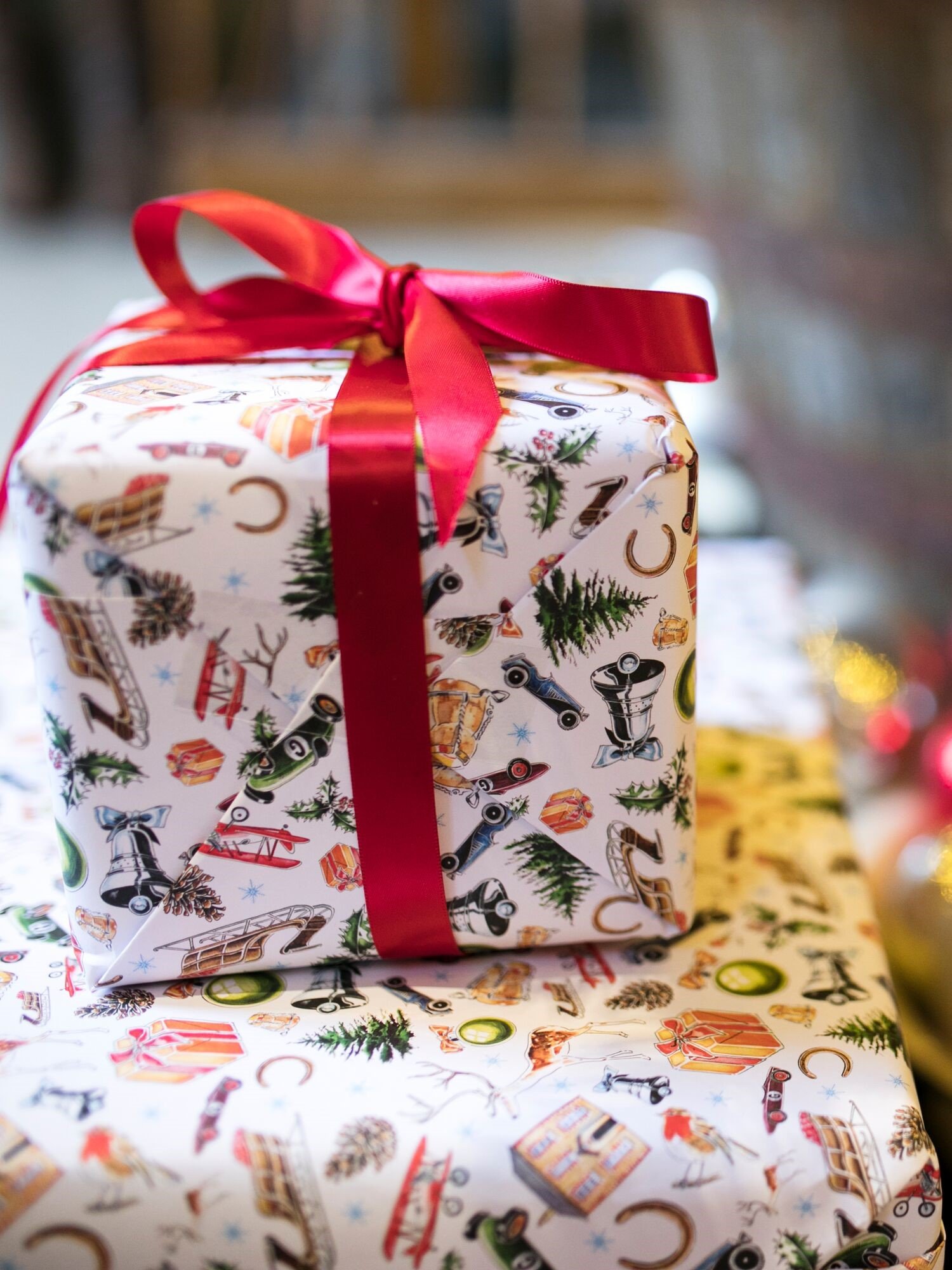Why is Quartararo the first French MotoGP champion?
It took 73 years. Now the premier class of motorcycle racing has a first French world champion. Fabio Quartararo, aged 22, wrapped it up with two races to spare, after an effectively immaculate season that returned Yamaha to the top step for the first time in six years.

If you think the nationality matters, then this compares poorly with Britain, which has fielded – from Les Graham to Barry Sheene – no less than six champions. But before you get too blimpish and xenophobic, consider two facts.
Firstly, the last British champ, in a sport we once dominated, was 45 years ago. Since Sheene in the 1970s only one rider has even won a race – Cal Crutchlow, who took the first of his three in 2016. Secondly, that Quartararo had to go to Spain as soon as he became a teenager, to get on the ladder that would take him to the top.
Racing is an individual sport, and while it might gladden the national heart to have somebody doing well at it, it really has nothing to do with national character.
It has everything to do with going to Spain, however, whether you were born there or not. It is no coincidence. Spanish company Dorna took over the commercial rights of grand prix racing from the Swiss FIM (Federation Internationale de Motocyclisme) back in 1991, and since then have engaged in a highly effective campaign to establish Spain as the centre of world bike racing.
It started with well-sponsored national championship series for teens and pre-teens, and continued so that now the national championships have been boosted in importance, taking over from the FIM’s European championships. The Spanish Moto3 championship even assumed the title “Junior World Championship”.
Dorna is aware of the need for international strength. The trend began in 2007 with the Red Bull Rookies Cup, with riders as young as 13 racing identical bikes at GP meetings. Several, including Brad Binder, Joan Mir, Jorge Martin and Enea Bastianini, have since won world championships.
In recent years, Dorna’s “Road to MotoGP, Dorna has supported and formalised other junior championships, with “Talent Cups” in Britain as well as Europe and Asia. The latest and youngest, launched in 2021, is the MiniGP series, with riders aged from ten to 14 on purpose-built Ohvale 150cc racing minibikes on kart tracks.
Applications for these series vastly exceed capacity. Riders are supplied with (in Britain must purchase) identical motorcycles. Tyres and fuel are likewise controlled. With large starting grids and nobody able to find technical advantage, the racing is very close and very exciting. This season has injected a sour note, with painful demonstration that ultra-close racing is also very dangerous.

Jason Dupasquier during Moto3 testing in Qatar, March, 2021.
As well as 18-year-old Moto3 grand prix rider Jason Dupasquier, two younger riders have been killed: 14-year-old Hugo Millan and 15-year-old Dean Berta Vinales. In all cases, death was the result of falling then getting struck by following riders. A risk much increased with crowded tracks and motorcycles with identical performance.
Dorna and the FIM responded quickly to the latest crash, at the beginning of October. By the end of the month revised safety regulations included the raising of minimum age limits for all feeder series and for MotoGP (talent cups, for example, up from 12 now to 13 in 2022 and 14 in 2023), as well as smaller grids. From 2023 all MotoGP classes will match the current premier class’s minimum age of 18 – Motos 2 and 3 presently stand at 16. Airbag leathers will be compulsory in all FIM circuit championships, with more research into “impact protection”. Too little too late for some, but welcomed as at least a step.

Which brings us back to new champion Quartararo, who twice won the Spanish national Moto3 championship, and for whom the minimum age rules were changed so that he could join the world championship at 15 rather than 16.
He made a fair start in Moto3 in 2015, although no wins, but then ran into the doldrums, only partly because of injury. In 2017 he moved to Moto2, where he was again somewhat undistinguished. In year two he won a single race, and it was a surprise when he was selected for Yamaha’s new satellite MotoGP team for 2019.
He was fast at once, frequently the closest challenger to Marc Marquez, and a serious title contender and race winner in 2020. But his campaign was undermined by fits of temperament. On his bad days, he slumped.
Sessions with a sports psychiatrist and a much-improved Yamaha combined to change all that in 2021. Five wins and five more podiums in 16 races amassed the points, more importantly when things weren’t going his way he kept calm and carried on. Even his bad days were good, and he finished every race in the points. And all thanks to having grown up racing in Spain.
Images courtesy of Motorsport Images.
MotoGP
MotoGP 2021
Fabio Quartararo





